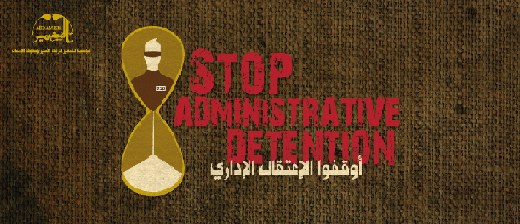Tag: Prisoner Hunger Strike
-
Palestinian hunger strike: “Either I go home – or I go in a plastic bag”
23rd May 2014 | International Women’s Peace Service | Occupied Palestine “What do you want from me?” a 70-year-old lawyer and professor of economics asked the Israeli military when they arrested him last year. “You are very dangerous,” was the explanation. Recalling his reply, the man laughs, his kind face lighting up: “I am dangerous to one of the most…
-
Hunger strike solidarity tent in Nablus
16th May 2014 | International Solidarity Movement, Nablus Team | Nablus, Occupied Palestine Erected in the duar (city center) in the northern Palestinian city of Nablus, is a large tent utilized throughout the day by those in solidarity with the exceeding-one-hundred Palestinian administrative detainees. “We will stay here as long as it takes” says Yousef, a Lawyer and…
-
Update on Hunger Strikes: Administrative Detainees put in Solitary Confinement, Denied Salt Supplements
7th May 2014 | Addameer Prisoner Support and Human Rights Association | Ramallah, Occupied Palestine The latest wave of mass hunger strikes continue for the 14th day as Palestinian prisoners demand the end of the policy of administrative detention. Administrative detention is a procedure in which Palestinians are arbitrarily arrested and detained without charge or trial based…



